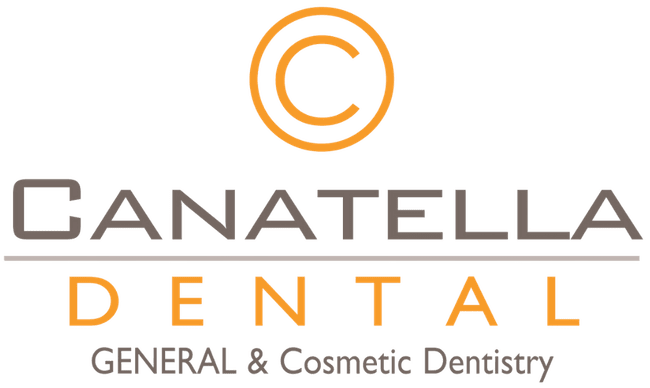Tooth extraction often becomes necessary for various dental reasons. Dentists aim to preserve natural teeth whenever possible. However, circumstances arise where removal is the best option. Understanding these scenarios helps you make informed decisions about your dental health. Awareness of the need for a tooth extraction could also alleviate anxiety about potential procedures.

Severe Tooth Decay
Severe tooth decay may necessitate an extraction. Decay damages the tooth structure beyond repair. When decay reaches the pulp, the tooth becomes infected. Root canal treatment might save the tooth. However, if the infection persists, tooth extraction becomes essential. Removing the tooth often prevents the infection from spreading to adjacent teeth.
Decay often results from inadequate oral hygiene and dietary habits. In some cases, genetic predisposition plays a role. Regular dental check-ups can identify decay early. Early intervention may prevent the need for extraction. Discussing treatment options with your dentist is crucial. They will assess the tooth’s condition and recommend the best course of action.
Impacted Wisdom Teeth
Impacted wisdom teeth often require extraction. These teeth fail to emerge properly through the gum line. They may grow at odd angles or remain trapped in the jaw. Impacted teeth can cause pain, swelling, and infection. They may also damage neighboring teeth. Dentists recommend removing impacted wisdom teeth to prevent complications. Wisdom teeth usually emerge in late adolescence or early adulthood. Their late arrival often results in insufficient space in the mouth. This can lead to misalignment and crowding.
Impacted wisdom teeth can cause cysts or tumors. These growths can damage the jawbone and surrounding structures. Extraction often prevents these potential complications. The procedure is often straightforward, with minimal risks. Recovery involves managing swelling and discomfort. Following post-operative care instructions ensures a smooth healing process. Regular follow-ups with your dentist monitor recovery progress. Early intervention could prevent more serious issues in the future.
Overcrowding
Overcrowding occurs when there is insufficient space for all teeth. This problem can lead to misalignment and bite issues. In orthodontic treatment, dentists may extract certain teeth. This creates space for the remaining teeth to align properly. Extraction often helps achieve a more functional and aesthetically pleasing smile. Overcrowding could cause difficulty in maintaining oral hygiene. Tightly packed teeth are harder to clean, increasing the risk of decay and gum disease. Orthodontic treatment with extractions can take several months to years. Regular appointments better ensure progress and address any concerns.
Periodontal Disease
Periodontal disease affects the gums and bone supporting the teeth. Advanced periodontal disease can loosen teeth. When teeth become too loose, tooth extraction may become necessary. Removing affected teeth often prevents further bone loss and allows for better oral health management. Dentists may recommend extraction as part of a comprehensive periodontal treatment plan. Early detection and intervention could prevent the need for extractions. Maintaining good oral hygiene practices supports long-term gum health.
Trauma or Injury
Trauma or injury can damage teeth beyond repair. A severe fracture may compromise the tooth’s integrity. When a tooth cannot be saved through restorative procedures, tooth extraction often becomes the best option. Removing the damaged tooth helps prevent further complications and allows for replacement options, such as dental implants. Dental implants offer a durable and natural-looking replacement option. They could restore function and aesthetics, improving quality of life. Discussing options with your dentist ensures the best outcome for your situation.
Infection
Dental infections can pose significant risks to overall health. An untreated tooth infection can spread to other parts of the body. When antibiotics and root canal treatment fail, extraction may be necessary. Removing the infected tooth often helps eliminate the source of infection and promotes healing. Post-extraction care involves managing pain and preventing further infection. Follow-up appointments ensure proper healing and recovery.
Preparation for Dentures
Some patients require extractions to prepare for dentures. Dentists may need to remove remaining teeth to ensure a proper fit. This better ensures the dentures function correctly and comfortably. Tooth extraction in this context facilitates the transition to dentures and improves oral function. Dentures could provide a solution for those with multiple missing teeth. They often restore appearance and chewing ability.
Tooth Extraction in New Orleans, LA
At Canatella Dental, we focus on comprehensive dental care. Our team offers personalized treatment plans to meet your unique needs. Contact us today to schedule a consultation and see if a tooth extraction could improve your oral health.
